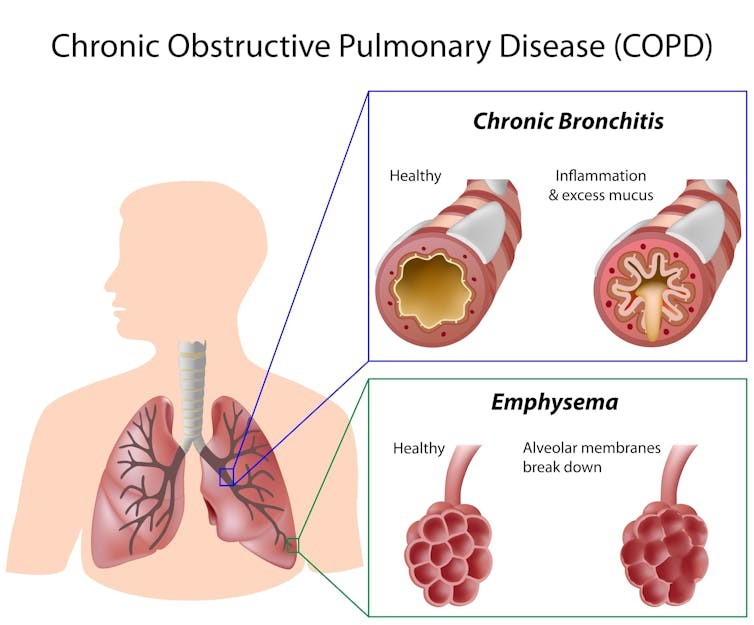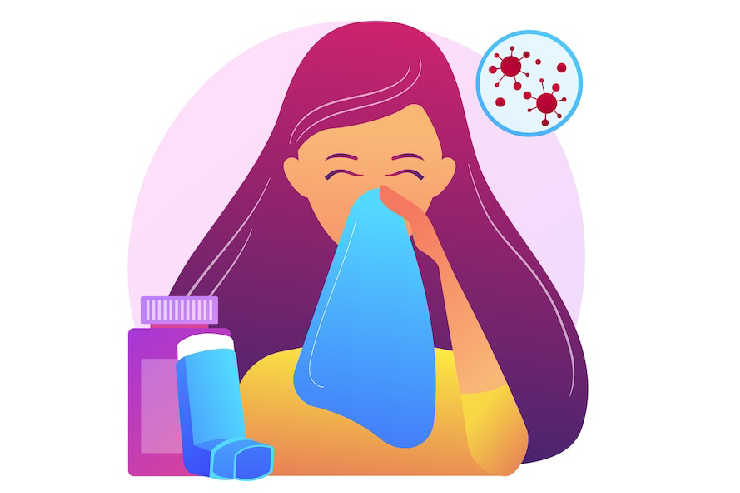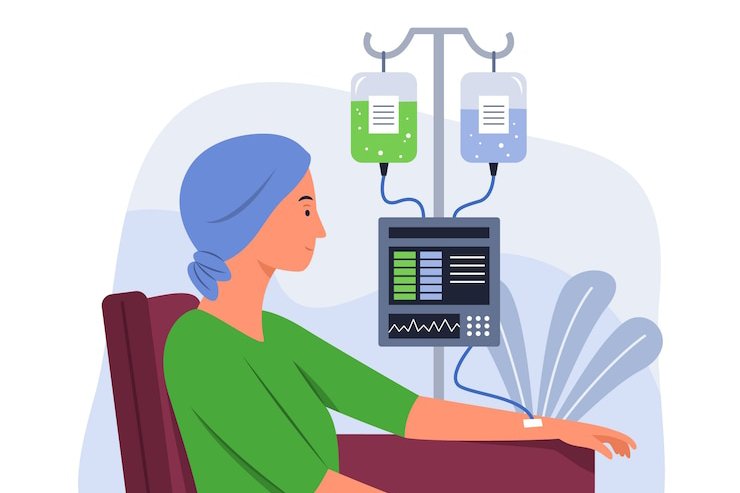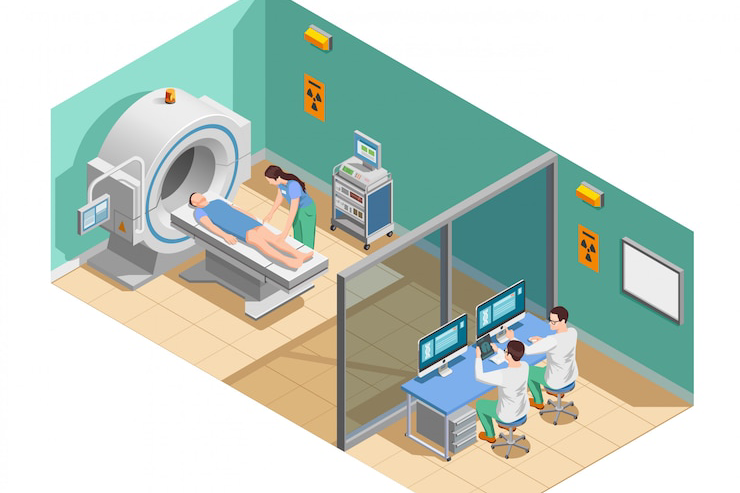
Understanding Chronic Obstructive Pulmonary Disease (COPD): A Guide by ITM Hospital
Chronic Obstructive Pulmonary Disease (COPD) is a progressive and debilitating lung condition that affects millions worldwide. At ITM Hospital, Gwalior, our mission is to raise awareness and provide comprehensive care for those living with COPD. This article aims to educate patients, caregivers, and the community about COPD, its causes, symptoms, prevention, and management.What is COPD?
COPD is a chronic lung disease characterized by persistent airflow limitation, making it increasingly difficult to breathe over time. The disease primarily includes two conditions: chronic bronchitis and emphysema. In chronic bronchitis, the lining of the bronchial tubes becomes inflamed and produces excess mucus, leading to coughing and breathing difficulties. Emphysema involves damage to the alveoli (air sacs) in the lungs, reducing the lungs’ ability to transfer oxygen into the bloodstream.
Symptoms of COPD
COPD develops gradually, and symptoms often worsen over time. Common signs include:
Causes and Risk Factors
The leading cause of COPD is long-term exposure to lung irritants, with cigarette smoking being the most significant risk factor. However, non-smokers can also develop COPD due to:
Diagnosis and Treatment
Diagnosing COPD involves a thorough medical history, physical examination, and lung function tests such as spirometry. Imaging tests like chest X-rays or CT scans may also be used to assess lung damage.
While COPD is not curable, effective management can control symptoms, improve quality of life, and slow disease progression. Treatment options include:
Prevention and Living with COPD
Preventing COPD or slowing its progression is possible with proactive steps:
Support at ITM Hospital
At ITM Hospital, we are committed to providing advanced, patient-centred care for COPD. Our multidisciplinary team offers comprehensive diagnosis, personalized treatment plans, pulmonary rehabilitation, and ongoing support to help patients manage their condition and lead fulfilling lives. Our state-of-the-art facilities and experienced specialists ensure that every patient receives the highest standard of care.
Conclusion
COPD is a serious but manageable disease. Early detection, lifestyle modifications, and adherence to treatment can make a significant difference. If you or a loved one experiences symptoms of COPD, consult the experts at ITM Hospital for timely evaluation and care. Together, we can breathe easier and live better.



